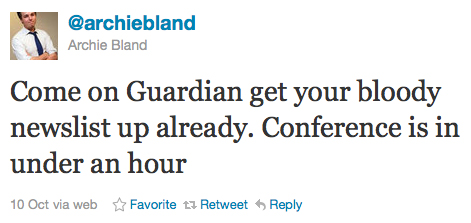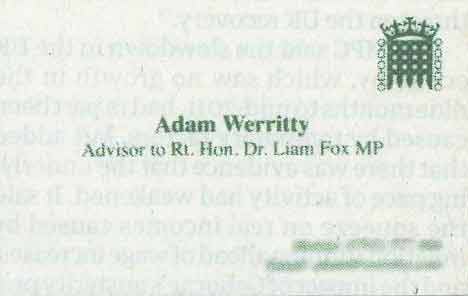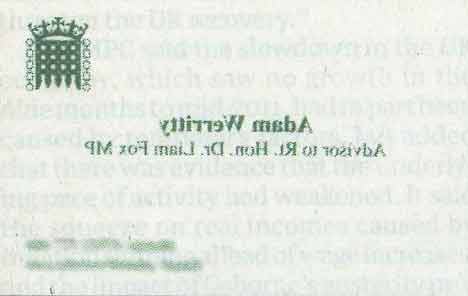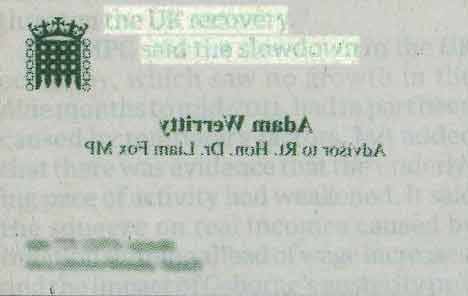Social media optimisation (SMO) has joined search engine optimisation (SEO) as a term that journalists and news sites need to read up on.
SMO – as the name suggests – is all about how to work out when to time your tweets and Facebook posts so they get the most attention.
Mashable has an interesting post by Jeff Widman, the co-founder of PageLever, a Facebook analytics tool, which can help you work out how often and when to post news stories on Facebook:
I get asked all the time, “How frequently should I post on my Facebook page? When is the best time to post?”
Answer: Post whenever the most recent status update for your page stops showing up in your fans’ news feeds.
If you post often, you will see an immediate spike in news feed impressions, but it’s generally not worth the cost in lost fans. When your fans see two status updates from you in their news feeds, they’ll likely get annoyed, and will consequently unsubscribe or un-fan.
He goes on to explain the exceptions to the rule and how to calculate the lifetime of a post.
The full article on how to time your Facebook posts to reach the most fans is on Mashable.
You can also become a fan of Journalism.co.uk here on Facebook.



